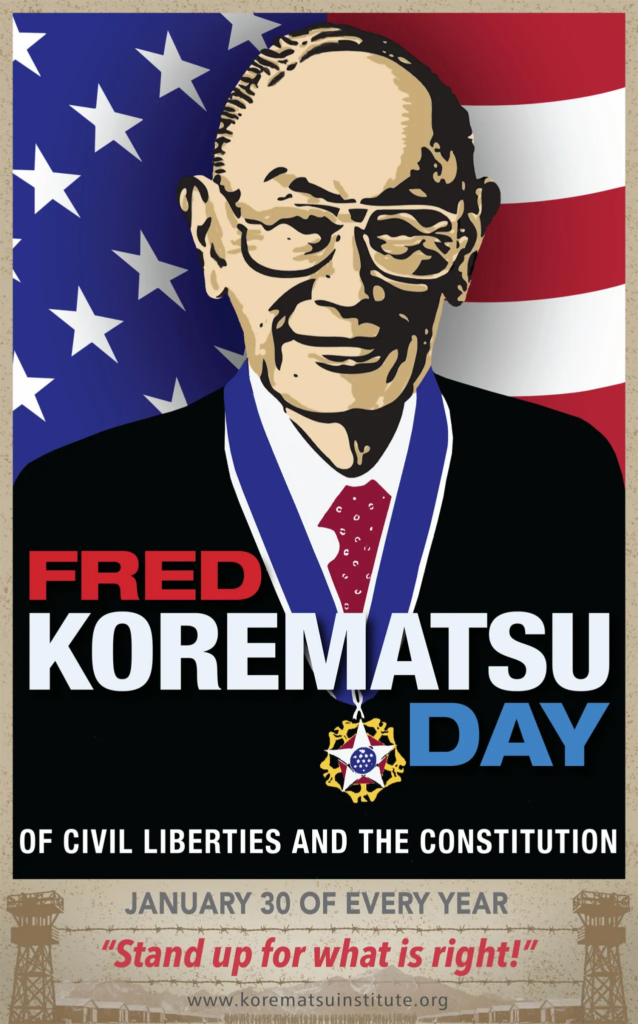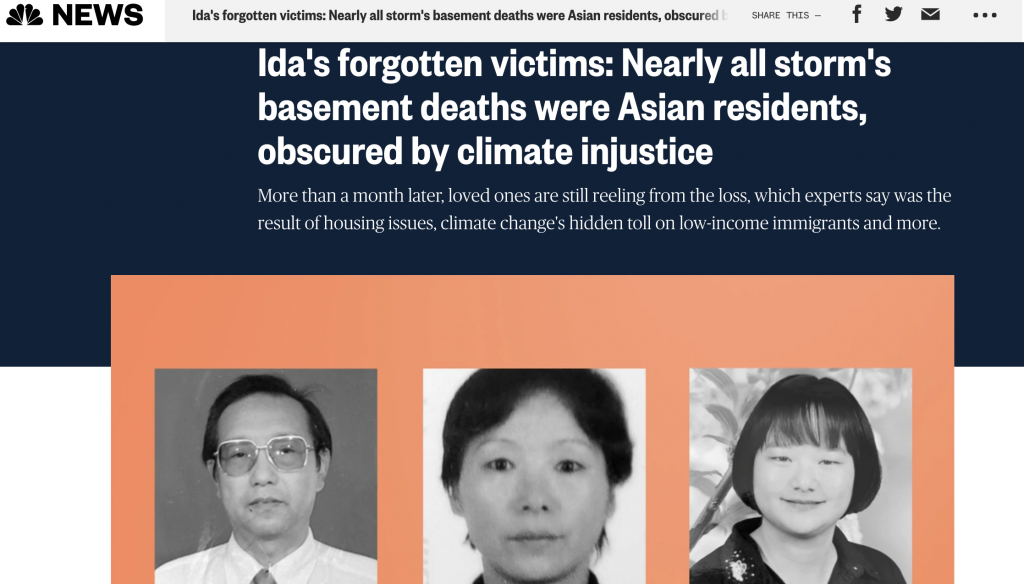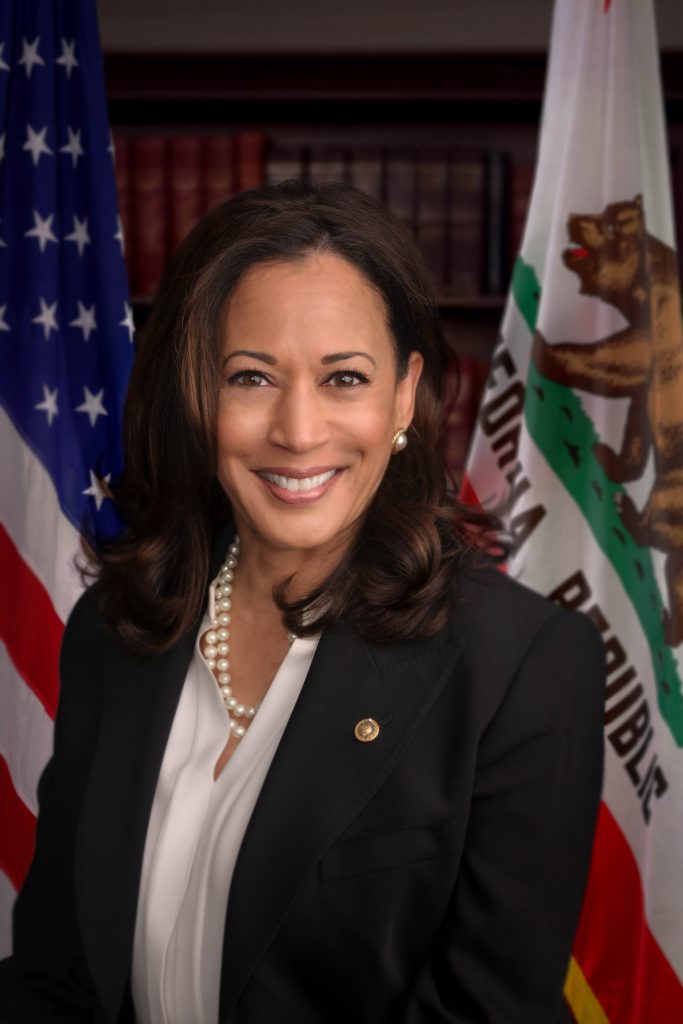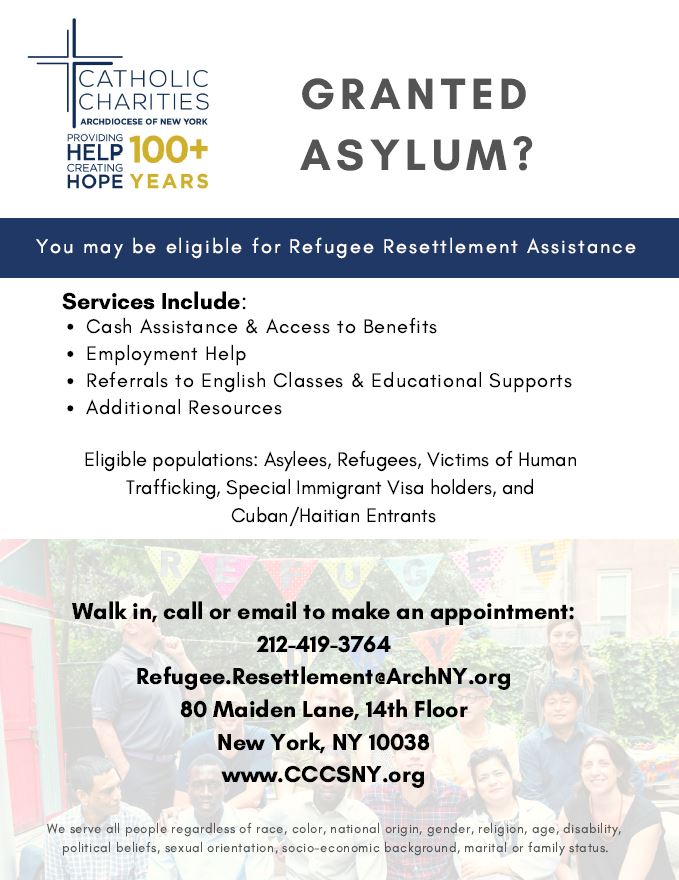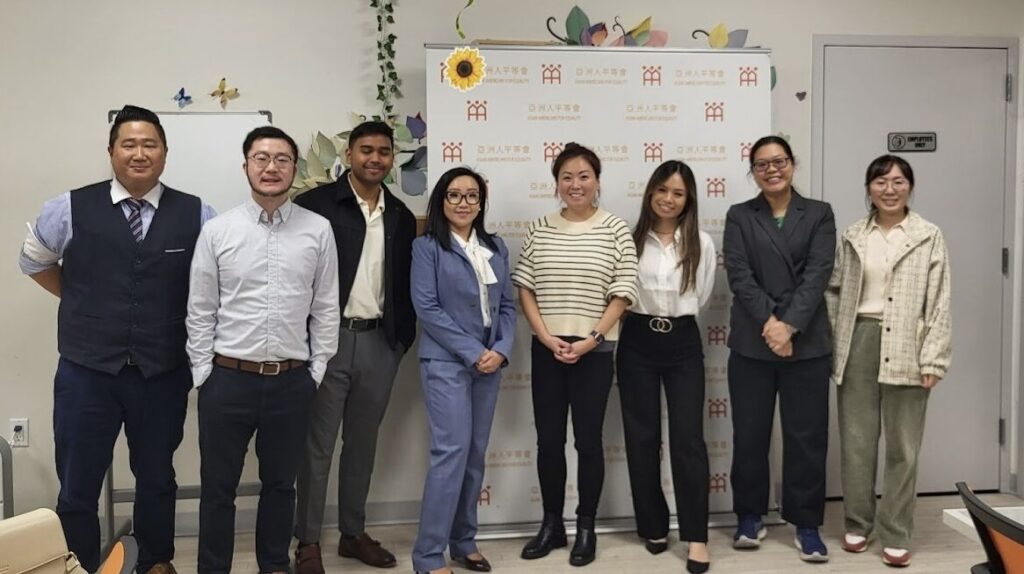
On Wednesday, October 2nd, AABANY members had the opportunity to volunteer at the AABANY Queens Pro Bono Clinic hosted by the Asian Americans for Equality (AAFE) Community Center in Flushing. The clinic brought together AABANY’s Pro Bono & Community Service (PBCS) Committee along with a team of dedicated volunteers to offer free legal consultations to community members facing pressing legal challenges. The volunteers met with 19 clients addressing a variety of issues including housing, divorce, and immigration law. These are the kinds of problems that weigh heavily on people’s lives, both financially and emotionally.
The clinic had a vibrant atmosphere of support and collaboration. Each client was paired with an attorney who took the time to provide thoughtful advice on their specific legal concerns. Shadowers observed the attorneys, eagerly taking notes and learning from real-world interactions. Interpreters fluent in Cantonese or Mandarin were also on hand, ensuring that language barriers didn’t hinder effective communication between clients and their attorneys. This collaborative effort made the clinic a true reflection of community engagement and empowerment.
These interactions went far beyond simple legal advice. Each conversation was a reminder that this clinic isn’t just about solving legal matters—it’s about giving people the power to reclaim control over situations that often feel overwhelming. For many clients, it was the first time they realized they weren’t alone, and that there were resources and options available. A consultation could shift the entire course of someone’s life, offering not just answers, but hope.
Clients expressed their gratitude with comments like, “Thank you very much to the clinic and lawyer Gary Yeung for their help,” and “I appreciate your effort.” These heartfelt messages show the impact of the clinic and the commitment of everyone involved in making it a success.
Thank you again to the following volunteers:
Volunteer attorneys
- Beatrice Leong
- Gary Yeung
- Lina Lee
- May Wong
- Richard In
- Shirley Luong
Interpreters & Shadowers
- Jaymark Hawlader
- Xuxia Zhao
- Eugene Seong
If you’re interested in making a difference in the community through future Pro Bono clinics, we invite you to join us at the following upcoming events:
November 9, 2024 [Brooklyn link here], from 12:00 – 3:30pm, CPC Brooklyn Community Services, 4101 8th Avenue, Brooklyn, NY 11232
December 4, 2024, from 6:00 – 8:30pm, One Flushing Community Center, 133-29 41st Ave, 2nd Floor, Flushing, NY 11355


